5 challenges await new railways boss
In the short term, Sendegeya faces five immediate challenges, including retaining the new customers joining the rail due to COVID-19, improving employees’ attitude to work, refurbishing the mainline to reduce delays, tackling vandalism and protecting the institution’s land.
KAMPALA - Last week, Stanley Sendegeya presided over a four-hour-long meeting with the Uganda Railways Corporation (URC) staff, as its new managing director.
Sendegeya, who has served as the chief financial officer at URC since 2016, took up the job this month. He replaced Charles Kateeba, whose term ended earlier this year.
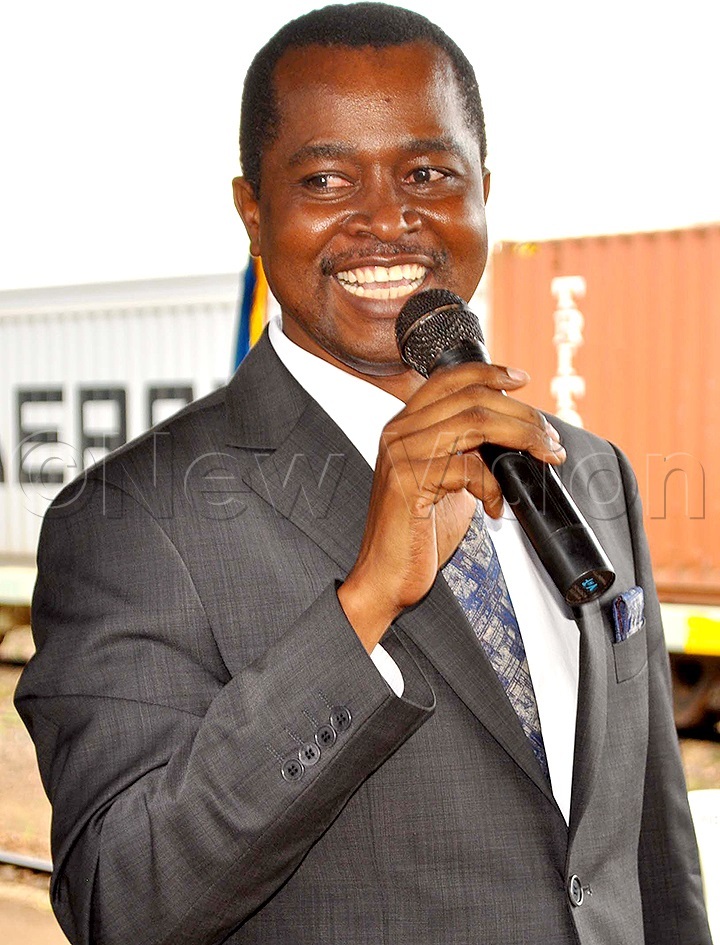
As he takes office, Sendegeya is expected to turn around the business. In the short term, he faces five immediate challenges, including retaining new customers joining the rail due to COVID-19, improving the attitude of employees about work, refurbishing the mainline to reduce delays, tackling cases of vandalism and protecting the institution's land from grabbers.
At the meeting, section heads under different departments, such as finance, audit, legal and operations, among others, took turns to highlight some of the challenges and suggested possible solutions.
As the economy struggles with the impacts occasioned by COVID-19, importers and exporters are looking at railway transport as an alternative.
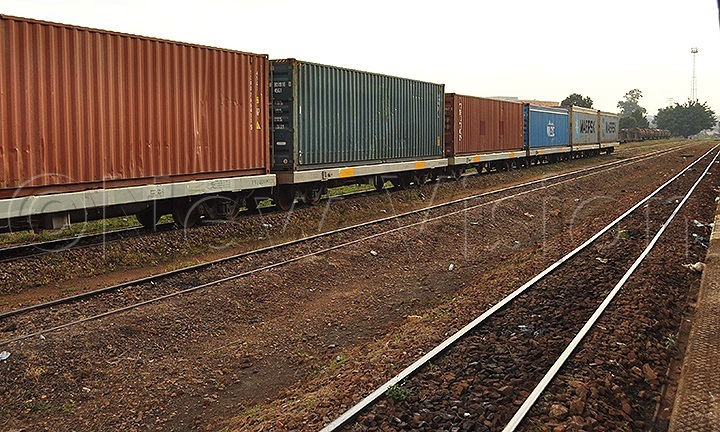
Currently, transporting cargo via road is too expensive, drawing attention for the rail to be fully operational for freight. Bulk cargo transporters have been eager to try out the rail network.
Steven Wakasenze, the URC chief commercial officer, said new customers have been coming on board since the COVID-19 outbreak. He, however, noted that retaining them remains a challenge.
"We are not meeting the promises we made to our customers, which is causing discomfort among them. We must deliver cargo on time," he said.
The Government wants to not only refurbish the century-old network but to build other rail networks and expand rail travel within the country.
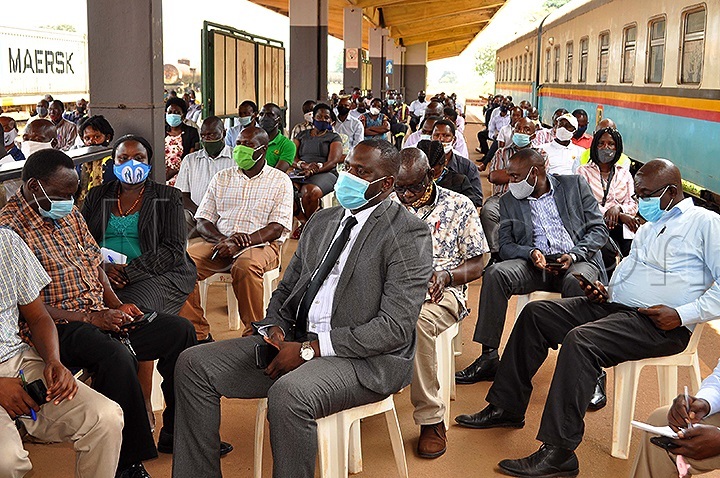
It is hoped that the investments in the railway will allow for more efficient and cost-effective alternatives to the congested road transport.
"COVID-19 worked in our favour because stakeholders have moved away from the road to rail," Sendegeya said.
"But in our current state of affairs, we are going to work on employee attitude and motivation, to ensure that we transform this business."
URC, which is one of the worst-performing state enterprises, according to the Auditor General's report, made losses of $25m (about sh93.2b) in 2018.
"There is a need for the Government to improve on the supervision and monitoring of these entities by introducing performance-based contracts with clear targets. In addition, the Government could explore public-private partnerships," the report advised.
Cargo, passenger service
Due to lack of maintenance over the years, most of the network is in disuse. At the passenger terminal, for instance, several sections need refurbishment, to attract more people.
"This is the platform where our customers sit, but it is not clean. It needs paint, but we cannot paint it. The situation is that bad but it has to change," Sendegeya said.
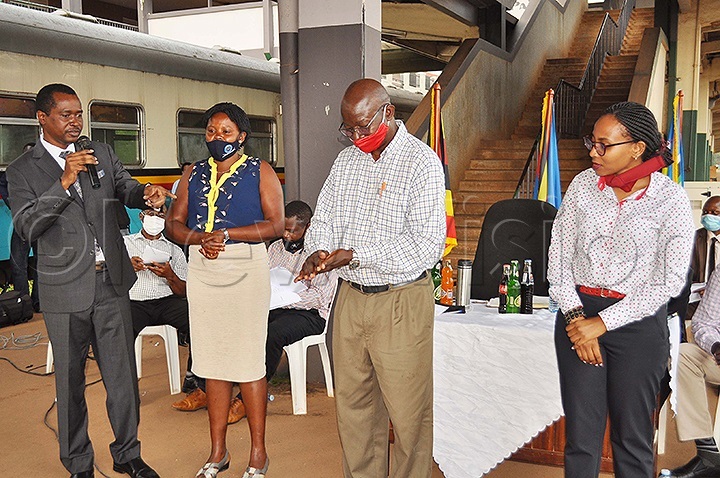
Since March, URC has not been able to operate its passenger service due to COVID-19. Officials have set Sunday to resume rail passenger travel.
Abubaker Ochaki, the head of operations at URC, said the available operating assets of the rail are limited, old and dilapidated, yet very critical, if the company is to attract more private sector players.
"We have been running with two locomotives for the last two years. But we have strived to deliver the cargo that has been entrusted to us," he said.
Julius Musimenta, the URC chief mechanical engineer, said the aged fleet has caused frequent failures that have affected overall business.
The Government approved a sh1.4 trillion investment to reconstruct the 215km Malaba-Kampala railway, with the intention of improving freight connections between the capital city and Uganda's eastern border with Kenya.
French firm Sogea-Satom will undertake the works, which include installing rocks ballast on sections, relaying of tracks, flattening sections and repairing about 500 freight wagons.
"We are getting four new locomotives next year. We shall be moving about 90,000 metric tonnes on average," Sendegeya said.
"We recently started carrying cargo on water from Kisumu, Port Bell and Jinja. That business is bound to grow very fast because of the need and the challenges on the road because of COVID-19."
Currently, freight cost per metric tonne-kilometre is between 9 and 13 cents. The rail developments being undertaken is hoped to cut the cost down to about 5 cents.
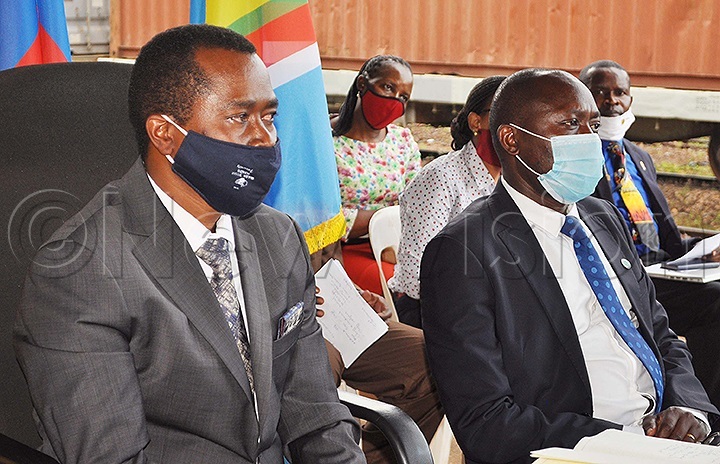
URC handles at least 20,000 metric tonnes, both import and export on average from Mombasa in Kenya to Kampala. The target is to increase its capacity to 90,000 metric tonnes.
The European Union is supporting the Government to revitalise railway transport in northern Uganda with a grant of euros 21.5m for the rehabilitation of the Tororo-Gulu railway line.
The rehabilitation of the Tororo-Gulu line involves moderately upgrading it by installing stone ballast, instead of earth (murram) ballast, replacing badly worn out or vandalised areas, refurbishing railway stations and service workshops.
"We have outsourced the service of maintaining the line to companies, such as the National Enterprise Corporation, to ensure the line is clean throughout the year," Sendegeya said.